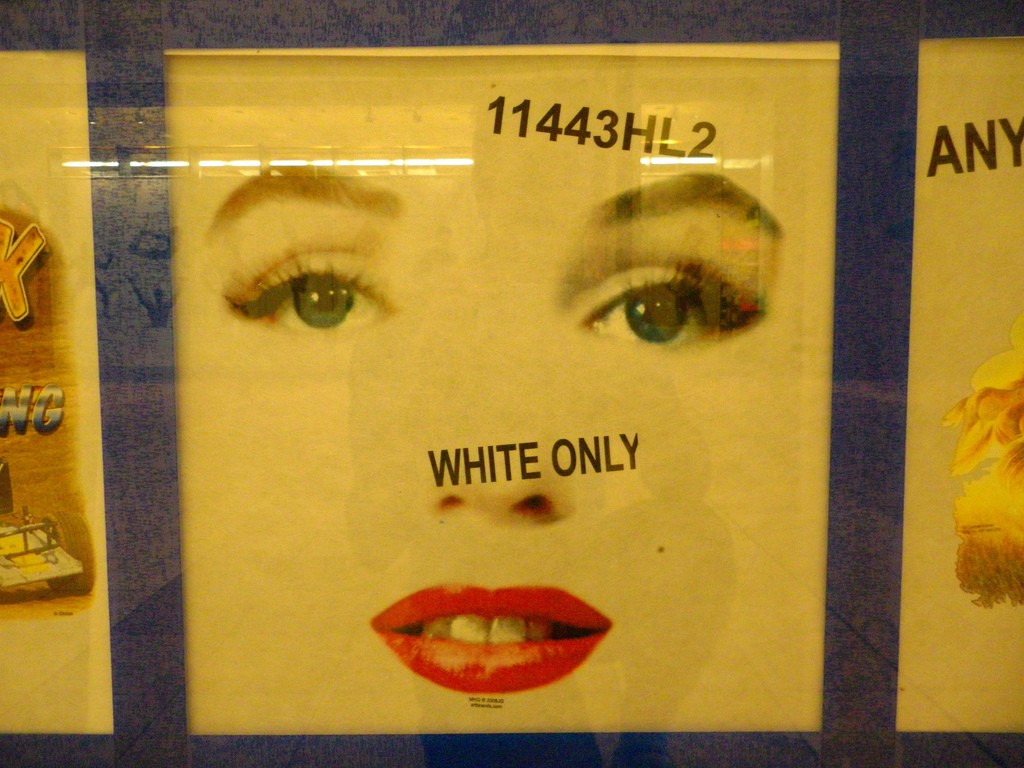What Can I Do About My Racist Parents?
And other answers to unsolicited questions.

“I think my parents are racist. What can I do?” — Not a Racist Ralph
Racism is a spectrum, like autism. Just because people voted for Donald Trump does not make them a racist, it just makes them think it’s fine for a U.S. President to be racist. Being a racist has only been a problem for presidents for the past fifty years. Before that, it was practically a job requirement.
I’m not even convinced that Donald Trump is a real racist, he just didn’t mind stoking racism and playing on the fears of rubes in suburbs. And just because one of your parents said something tone-deaf about racism during Thanksgiving dinner doesn’t mean they want to go to a KKK meeting.
Most people chafe at being called a racist. They will tell you they have a black friend. Do they have a Mexican friend they wouldn’t mind walling out? How about a Muslim friend they wouldn’t have a problem deporting? Probably not. But we should be willing to give most people the benefit of the doubt. There are a lot of racist people in America. A lot of that racism is just built on ignorance and fear of the unknown. Given a chance to have a black friend or a gay friend or to actually know a Mexican or Muslim person, the vast majority of people would be open-minded and welcoming. At least, that’s what I believe in my heart.
The first move with your racist parents is to decide where they are on the spectrum. Do they wear white sheets when you’re around? Would they disown you if you told them you were gay? Would they freak out if you dated a Hispanic person? A 10 on the spectrum is like Hitler. An 8 says things like “The White Race must rise again, etc.” An 7 is someone who emails everyone racist memes. A 5 is someone who won’t watch “Scandal” because it’s “a black show.” And so on.
If your parents are 10s on this scale, call the FBI immediately. You can still love your parents. But you should express that love through penitentiary plexiglass. 8s or 7s is a little harder to deal with. They’re pretty set in their ways. I’d say 1–6 along the spectrum would be offended and self-reflective if you called them a racist. You might be able to work on them.
No matter how racist your parents are, you should try to love them. That’s not always easy, but it’s as much for you as it is for them. You won’t want to suffer the guilt of wondering if you should have been there more for them while they were alive, etc. Do what you can, be there for them when it’s not so toxic for you. They have a lot to teach us, even if they’re jerks.
How do you create empathy where there is ignorance? Sometimes it feels like lectures or rants are counterproductive. If truly “the arc of the moral universe is long and bends towards justice” it can sometimes feel like that arc takes forever and is steeper than it should be. Incrementalism may not be en vogue during the Trump Years (we will instead incrementally reverse course) but if you continue to chip away at the iceberg it will eventually thaw.
This new fad of overt racism will fade with time. Promises have been made that cannot be kept. People have been played and lied to. And politicians will be held responsible for the garbage they’ve stirred to the surface. Plus, time is running out for the racists. White deaths are beating white births in many places, and 50% of births last year were to minorities.
I hope we get to live in an actual post-racial nation. One byproduct of all this insanity and madness is that we might finally have to deal with race in this country. I do believe, even after all this, that democracy works. And that the vast majority of people are good and want to live together in peace. Let’s hope we all get there, together.
Jim Behrle works at a bookstore and lives in Jersey City, NJ.
